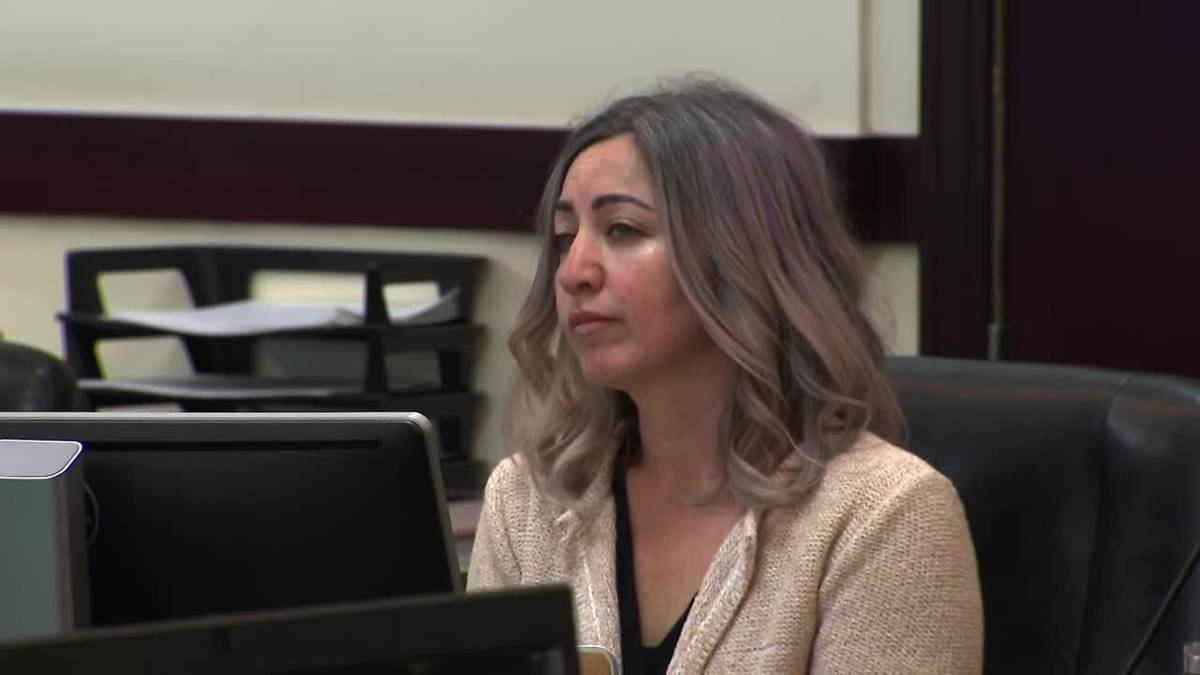Will Criminalizing Medical Errors Lead to Better Care?

A horrible precedent has been set in a Tennessee courtroom that puts you, me, and our loved ones at an even higher risk when we put ourselves in the care of medical professionals.
The verdict against RaDonda Vought was decided on opinion and not on the evidence and facts collected during the investigation of a nurse and a medical error. Blame ran rampant, and this will affect us all.
Read my thoughts below, then watch the video where we lay out the facts of the case using the TapRooT® methodology and RCA tools.
Should Vaught go to prison, and what does this portend for the nursing community?
I want you to decide for yourself if Vaught should go to prison in addition to losing her nursing license. I’m going to present the mistakes Vaught made and I want you to decide if she should bear the full burden of blame. And when I say blame, I mean put in prison for up to eight years.
First mistake: Vaught used the override function of the Automatic Dispensing Cabinet to get the drug she needed. In the trial, she was blamed for using the override in a non emergent situation. Here are the facts:
Fact: During the patient’s stay, she received 20 doses of medicine that were removed from the cabinet via the override from various nurses. It wasn’t only Vaught using the override function.
Fact: The Electronic Medical Record and the Automatic Dispensing Cabinet were having communication issues so orders weren’t in the ADC by the time the nurses needed to get the medications. The temporary corrective action put in place by management was for the nurses to use the override function to get the medicine they needed when they needed it.
Fact: The prosecutor said Vaught was at fault because she bypassed several warnings about using the override but that was common practice, not a willful disregard of policy by Vaught.
In this case, Vaught did what she was directed to do in order to get the medication she needed. The same thing all the other nurses were doing. This patient alone had 20 overrides by various nurses in three days. The direction given by management to work around the electronic record delays bypassed a critical safeguard that was designed to catch the mistake Vaught made that day. Does Vaught deserve to go to prison over this “mistake”?
Mistake 2: Vaught didn’t complete the 5-Rights to ensure she had the right patient, the right medicine, the right dose, the right time, and the right way to administer. She only checked that she had the right patient and the right dose.
Fact: Vaught asked for a scanner to scan the patient’s bracelet and the medicine to be sure that everything was in order. The scanner is a safeguard in case a nurse does have the wrong medication. It is much more dependable than relying on people to never make a mistake or take a shortcut. The scanner wasn’t available in the area where the patient was located. Vaught was told there was no scanner when she asked. If Vaught had had access to a scanner, the mistake would have been caught and the patient would have lived.
Fact: Vaught was surprised that the medication had to be reconstituted, so her focus shifted to how to reconstitute this medication. At that moment, it didn’t click in her mind that she might have the wrong medication. Her brain automatically went to solving this new problem. The drug label didn’t catch her attention, and this problem has occurred in many wrong medication errors. Vaught isn’t the only one to miss a warning label on vials of medication.
Mistake 3: Vaught didn’t stay to monitor the patient after administering the medication. If she had stayed, she would have seen the reaction and could have provided a medication to counteract the paralytic.
Fact: The doctor’s order said that monitoring the patient was not required.
Fact: Versed was not on the medical center’s high-risk medication.
Fact: It is industry standard to monitor patients for reactions after administering Versed.
Fact: Vaught called to double-check that she didn’t have to stay with the patient and was told she did not have to do that. Since she had to get to the swallow study, she left. Vaught said she would have stayed if the order said to monitor the patient.
RaDonda Vaught made these 3 big mistakes:
– She used the override function on the automatic dispensing cabinet.
– She didn’t perform the 5-rights.
– She didn’t stay to monitor the patient’s reaction to the medication.
Most medical centers have safeguards to catch these mistakes anyone could have made throughout their nursing career. But, normally, patients aren’t harmed when healthcare professionals make those mistakes because of the system safeguards. The Automatic Dispensing Cabinets have safeguards that were removed by management as a temporary fix to another problem.
Medical centers have scanners to catch medication errors but a scanner wasn’t available to Vaught in Radiology when she searched for it. And Versed is typically classified as a high-risk medication requiring someone to monitor the patient’s reaction. But in this case, it wasn’t classified as high-risk so the doctor’s order didn’t require anyone to stay and monitor the patient. Vaught was told it wasn’t necessary so she chose to go take care of another patient.
So what do you think? Should Vaught go to prison in addition to losing her license? I would love to hear your thoughts through comments on this post.
And if you would like to see how TapRooT® can help healthcare professionals diagnose system weaknesses during investigations so every investigation leads to continuous improvement, I’d be happy to arrange it. Using TapRooT® does save lives.
What can TapRooT® RCA do for you?
I have served as the vice president of operations in the healthcare industry and, through TapRooT® RCA, I am committed to improving the safety of workers and patients by meeting the challenge of the lack of comprehensive root cause analysis in the healthcare industry.
I’m happy to be your TapRooT® contact to discuss root cause analysis, investigations, training, or any questions you may have: marcus@taproot.com.
If you believe your organization does have room for improvement when it comes to patient safety investigations, TapRooT® RCA trains and provides tools for every aspect of the investigation.
- We provide a way to gather and document evidence.
- We provide a way to analyze the evidence so you find the mistakes that led to an event.
- We provide RCA tools based on human performance expertise so the true root causes of problems are identified.
- And we provide a database of proven best practices and ideas that the investigators can borrow from when creating corrective actions.
If you are curious, email me and I can provide a simple demo to help you determine if TapRooT® can help your teams continuously improve your patient safety outcomes with every investigation: marcus@taproot.com.

A do-not-miss opportunity: The 2022 Global TapRooT® Summit
Bring your team(s) to the 2022 Global TapRooT® Summit in Knoxville, Tennessee.
Pre-Summit courses are May 2-3 and the Summit with incredible keynote speakers and sessions is May 4-6.
Check out the Summit brochure for all the details.
Register your team(s) today for the 2022 Global TapRooT® Summit — a unique gathering of industry leaders, professionals, TapRooT® instructors, and folks who want to learn how to work safer and smarter.
Image credit: Nurse.org. “RaDonda Vaught Guilty Verdict: What’s Next? How To Show Support?” March 28, 2022.



